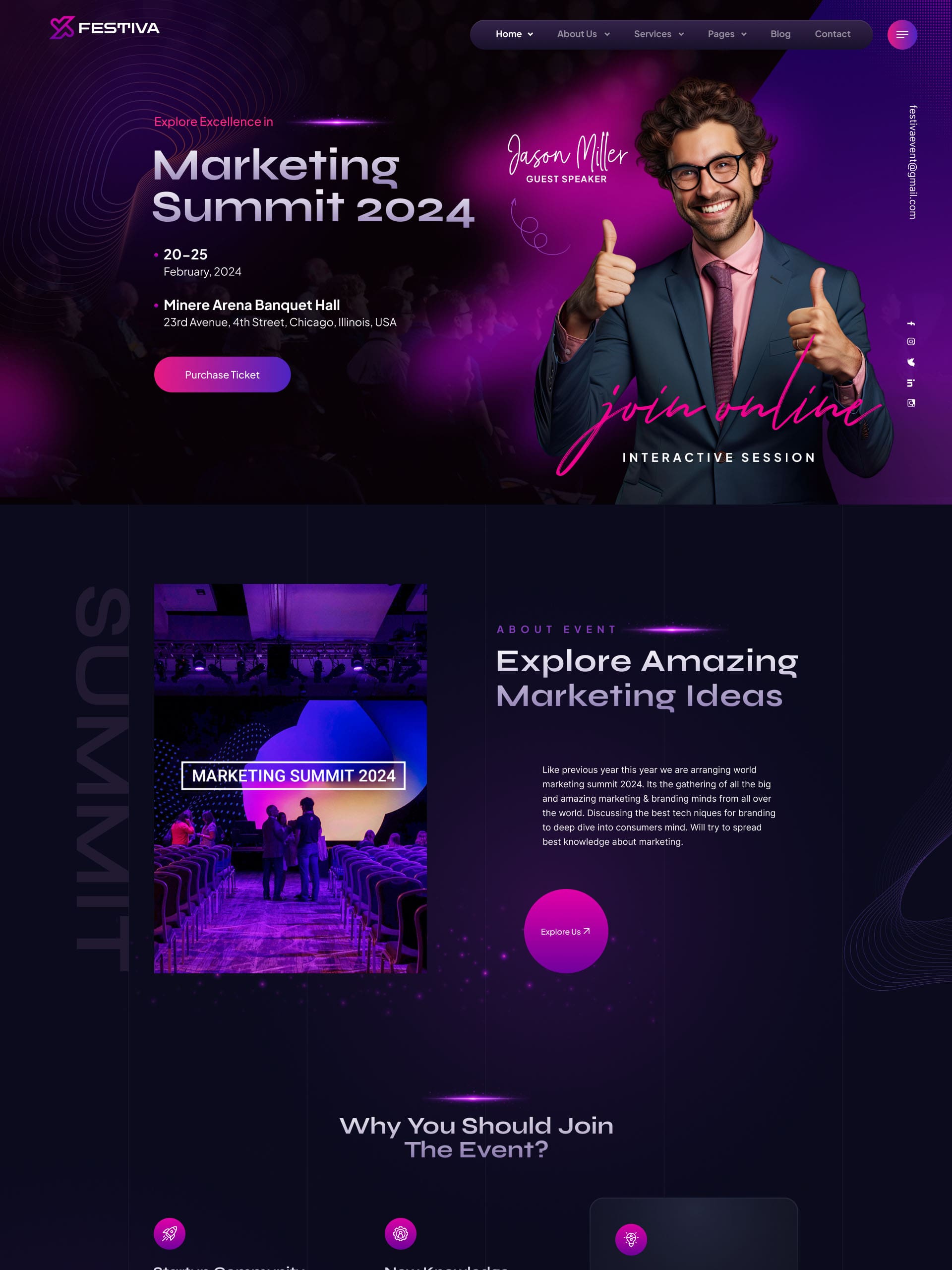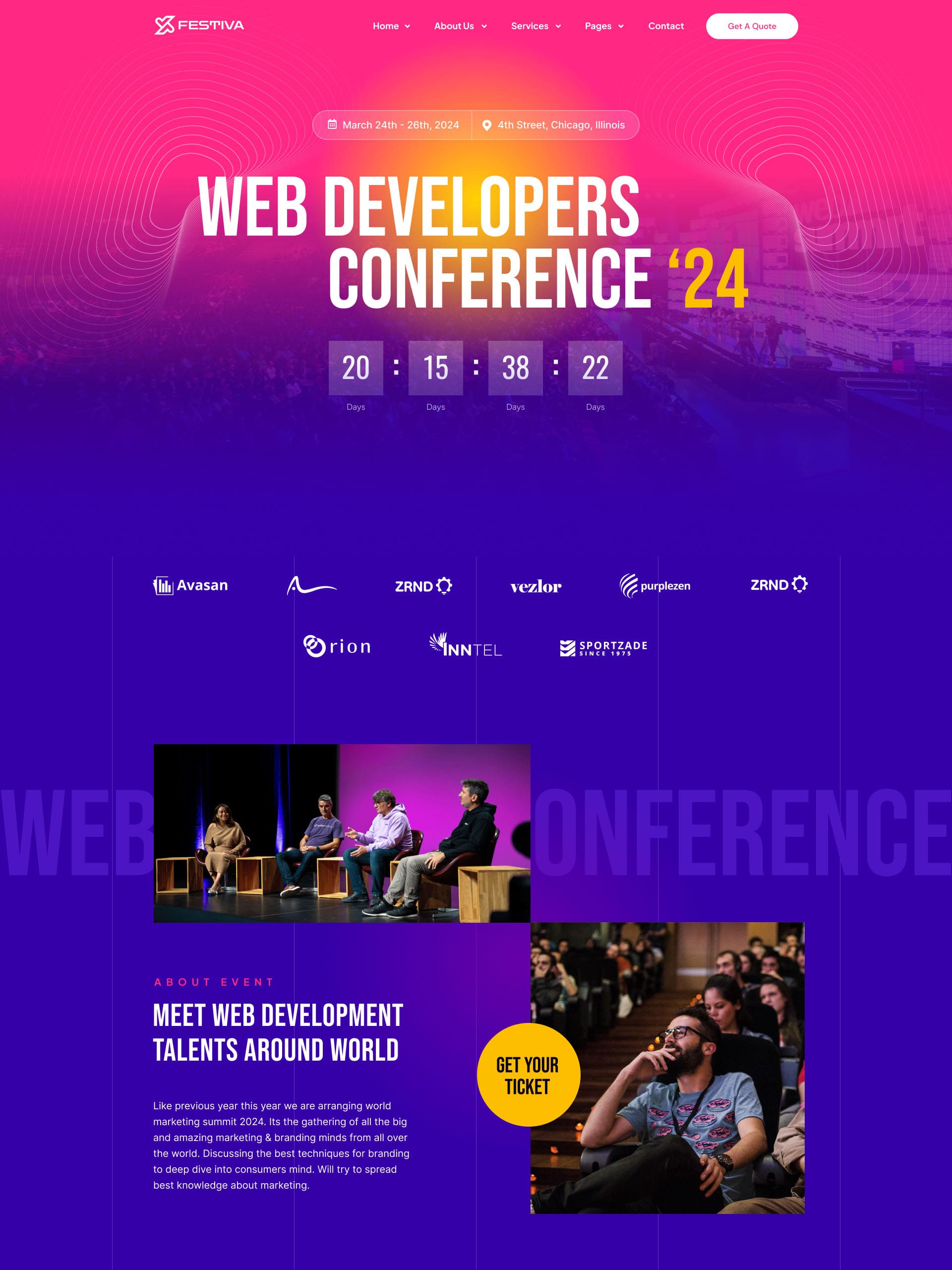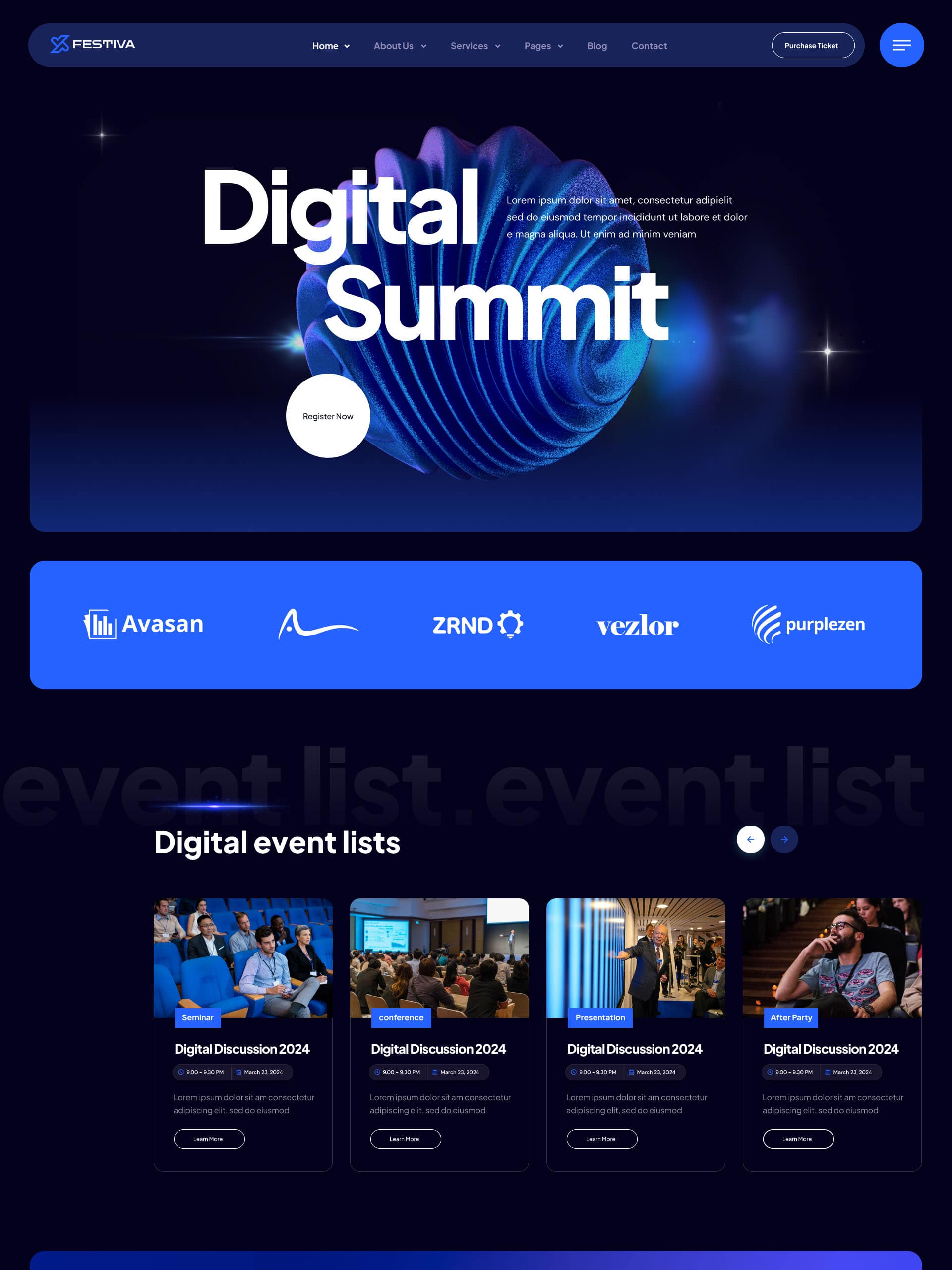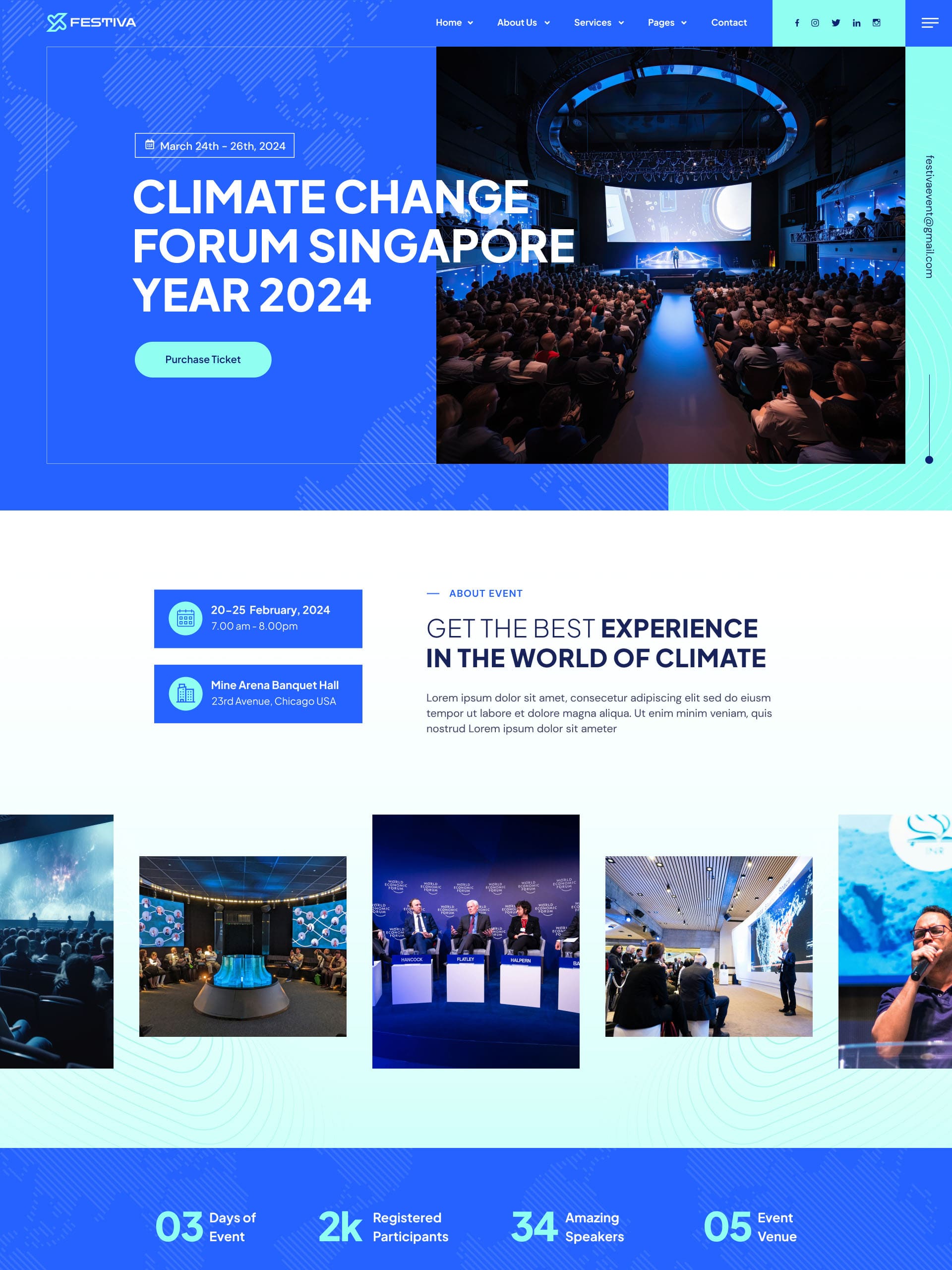
Governance & Risk Management in an Uncertain World
In an era defined by unprecedented volatility, complexity, and interconnectedness, effective governance and risk management have become critical differentiators for organizational success and resilience. From climate change and geopolitical tensions to technological disruption and social upheaval, organizations face an expanding array of risks that demand sophisticated management approaches and robust governance frameworks.
Modern risk management extends far beyond traditional financial and operational risks to encompass environmental, social, and governance (ESG) factors, cyber threats, supply chain vulnerabilities, and regulatory changes. Organizations that proactively address these multifaceted risks through comprehensive governance structures and advanced risk management techniques are better positioned to navigate uncertainty, protect stakeholder value, and capitalize on emerging opportunities.
Evolving Risk Management Tactics for Modern Challenges
Integrated Risk Assessment and Management
Move beyond siloed risk management approaches to implement integrated frameworks that assess interconnected risks across environmental, social, governance, operational, and strategic dimensions. Use scenario planning and stress testing to evaluate potential impacts and develop comprehensive response strategies.
Digital Risk Management
Address growing cybersecurity threats, data privacy concerns, and technology-related risks through robust digital governance frameworks. Implement advanced threat detection systems, regular security assessments, and comprehensive incident response protocols while ensuring compliance with evolving data protection regulations.
Climate Risk Integration
Incorporate physical and transition climate risks into core risk management processes. Assess potential impacts from extreme weather events, changing regulations, and shifting market preferences while developing adaptation and mitigation strategies that build organizational resilience.
Supply Chain Risk Management
Develop comprehensive supply chain risk assessment and monitoring systems that address geopolitical tensions, environmental disruptions, and social factors. Implement supplier diversification strategies, near-shoring initiatives, and technology-enabled visibility systems.
Stakeholder Risk Assessment
Expand risk management to include reputational, social license, and stakeholder relationship risks. Monitor stakeholder sentiment, assess potential activism risks, and develop proactive engagement strategies to maintain social license to operate.
Modern Governance Frameworks for Uncertain Times
Board Oversight and Risk Governance
Strengthen board oversight of risk management through enhanced director expertise, regular risk reporting, and strategic risk discussions. Establish board-level risk committees and ensure directors have appropriate skills for overseeing modern risk challenges.
ESG Governance Integration
Integrate environmental, social, and governance considerations into core governance processes. Establish clear ESG accountability structures, set science-based targets, and implement transparent reporting mechanisms that demonstrate governance effectiveness.
Stakeholder Governance Models
Evolved governance frameworks that consider diverse stakeholder interests beyond shareholders. Implement stakeholder engagement processes, impact measurement systems, and governance structures that balance competing interests effectively.
Agile Governance Structures
Develop governance frameworks that can adapt quickly to changing circumstances while maintaining appropriate oversight and control. Implement decision-making processes that enable rapid response to emerging risks and opportunities.
Technology-Enabled Governance
Leverage digital technologies to enhance governance effectiveness through real-time monitoring, automated reporting, and data-driven decision making. Use artificial intelligence and analytics to identify patterns, predict risks, and support governance processes.
Advanced Risk Management Technologies and Tools
Artificial Intelligence and Machine Learning
Deploy AI and ML technologies for predictive risk analytics, pattern recognition, and automated threat detection. Use advanced algorithms to analyze vast amounts of data and identify emerging risks before they materialize.
Real-Time Risk Monitoring
Implement continuous monitoring systems that provide real-time visibility into key risk indicators across the organization. Use dashboards and automated alerts to enable rapid response to changing risk conditions.
Scenario Planning and Simulation
Utilize sophisticated modeling and simulation tools to test organizational resilience under various scenarios. Develop multiple future scenarios and assess potential impacts on business operations, financial performance, and stakeholder value.
Blockchain for Governance and Transparency
Explore blockchain applications for enhancing governance transparency, ensuring data integrity, and enabling secure stakeholder communications. Use distributed ledger technologies to create immutable records and improve accountability.
Risk Culture and Human Factors
Risk Culture Development
Build strong risk culture through leadership commitment, clear risk appetite statements, and employee engagement in risk management processes. Establish risk awareness training, incentive alignment, and behavioral risk management programs.
Human Risk Management
Address human factors in risk management including cognitive biases, organizational behavior, and decision-making under uncertainty. Implement psychological safety measures, diversity in risk management teams, and behavioral risk assessment techniques.
Crisis Leadership and Communication
Develop crisis leadership capabilities and communication strategies that maintain stakeholder confidence during uncertain times. Prepare crisis management playbooks, communication protocols, and leadership development programs.
Regulatory and Compliance Evolution
Adaptive Compliance Management
Develop compliance frameworks that can quickly adapt to changing regulatory requirements across jurisdictions. Implement regulatory horizon scanning, automated compliance monitoring, and flexible policy management systems.
Global Governance Standards
Align governance practices with emerging global standards and best practices while adapting to local regulatory requirements. Stay current with evolving frameworks such as EU Corporate Sustainability Reporting Directive, SEC climate disclosure rules, and other emerging requirements.
Proactive Regulatory Engagement
Engage proactively with regulators and policymakers to understand evolving expectations and contribute to regulatory development. Participate in industry associations, regulatory consultations, and standards-setting processes.
Measuring Governance and Risk Management Effectiveness
Governance Performance Metrics
Establish comprehensive metrics for measuring governance effectiveness including board performance, stakeholder engagement quality, decision-making speed and quality, and governance process efficiency.
Risk Management KPIs
Implement key performance indicators that measure risk management effectiveness such as risk-adjusted returns, incident frequency and impact, risk prediction accuracy, and stakeholder confidence levels.
Integrated Reporting and Transparency
Develop transparent reporting mechanisms that communicate governance and risk management effectiveness to stakeholders. Use integrated reporting frameworks that connect governance, strategy, performance, and long-term value creation.
Connect with Top Governance Experts at ESGNext Conference Dubai
Ready to strengthen your organization’s governance and risk management capabilities? Join leading governance professionals and risk management experts at ESGNext Conference Dubai (November 4-5, 2026) for in-depth discussions on best practices, emerging frameworks, and innovative approaches to managing uncertainty.
At ESGNext Conference Dubai, you’ll:
- Learn from organizations with exemplary governance practices and proven risk management frameworks
- Network with governance professionals, risk management experts, and board directors from global organizations
- Explore cutting-edge technologies for risk monitoring, governance automation, and stakeholder engagement
- Gain insights into emerging regulatory requirements and governance standards worldwide
- Discover practical strategies for building organizational resilience and managing complex risks
- Access workshops on crisis management, stakeholder engagement, and governance framework design
- Connect with potential partners for governance technology solutions and risk management services
Transform your approach to governance and risk management to thrive in an uncertain world. Register for ESGNext Conference Dubai and join the global community of leaders building resilient, well-governed organizations for the future.








